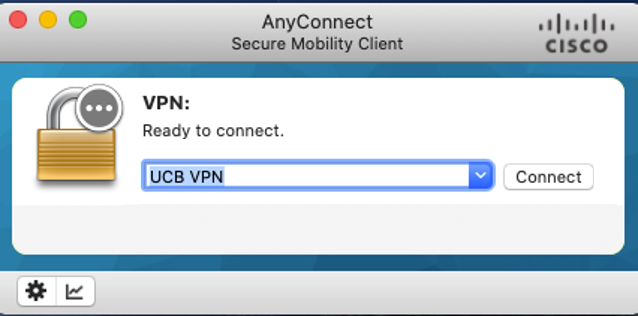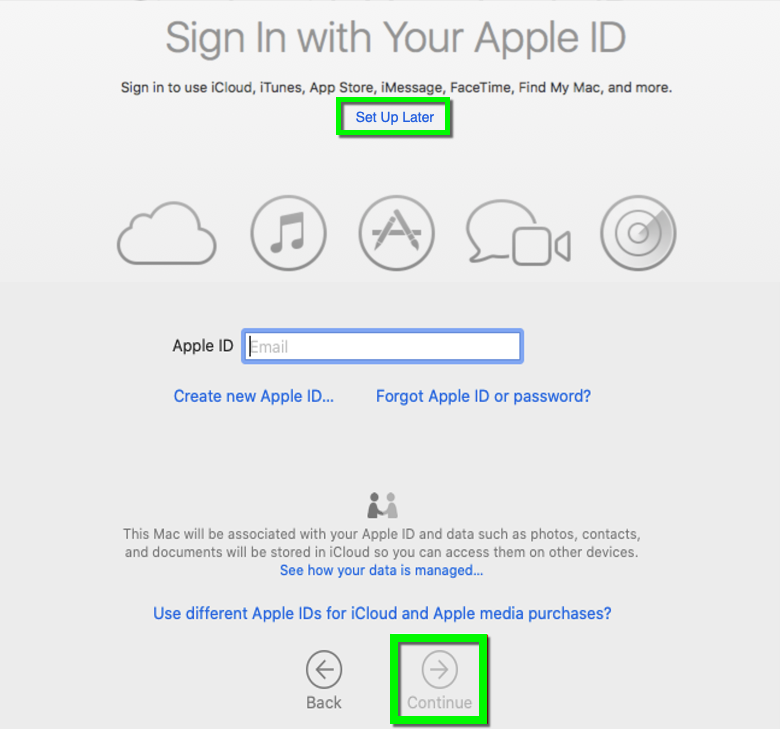

- Obtain cu login name and identikey password on oit.colorado.edu for mac private users install#
- Obtain cu login name and identikey password on oit.colorado.edu for mac private users full#
- Obtain cu login name and identikey password on oit.colorado.edu for mac private users software#
- Obtain cu login name and identikey password on oit.colorado.edu for mac private users download#
- Obtain cu login name and identikey password on oit.colorado.edu for mac private users free#
Obtain cu login name and identikey password on oit.colorado.edu for mac private users full#
Obtain cu login name and identikey password on oit.colorado.edu for mac private users software#
Check your settings to see if your software offers the option, and disable it.
Obtain cu login name and identikey password on oit.colorado.edu for mac private users download#
To simplify the process of reading email, many email programs offer the feature to automatically download attachments.


Obtain cu login name and identikey password on oit.colorado.edu for mac private users install#
Install software patches so that attackers can't take advantage of known problems or vulnerabilities. Cyber actors can "spoof" the return address, making it look like the message came from a trusted associate. Be wary of unsolicited attachments, even from people you know.The FBI Cyber Division provides these tips to avoid phishing scams: The coronavirus-themed subject line may be different, but it is still the same phishing scam. Fraudsters go to all of this effort to trick people because it is financially profitable. What resources does OIS recommend for up-to-date awareness?Īlways be mindful.
Obtain cu login name and identikey password on oit.colorado.edu for mac private users free#
If you do not want your free testing, press 2.” If you want to receive a free testing kit delivered overnight to your home, press 1. Response Act has made coronavirus testing more accessible immediately. New measures will include waiving interest on your federal student loans until further notice…For more information on how these new measures will impact your future payment obligations, call us back today at…” As you may have already heard, President Trump invoked his power as commander-in-chief by declaring a national emergency due to the widespread impact of COVID-19. with an important message regarding the effects of the coronavirus outbreak on your student loans. The Federal Communications Commission reports robocalls in which recipients are told to call the listed phone number to learn about new measures that include waiving interest on federal student loans or the availability of free testing kits:.Here’s the link.” Clicking on the link permits malicious software to be downloaded. The message tells recipients, “The meeting has been shifted to our new teleconferencing platform.

The Federal Trade Commission (FTC) reported on seven scams targeting businesses, including an email message that appears to come from the recipients’ IT helpdesk.Recipients are directed to click on a link and complete a “mandatory online COVID-19 test.” The Better Business Bureau (BBB) reports a text message that claims to come from the Department of Health and Human Services.As reported by CNN, scammers are sending text messages informing recipients they have come in contact with someone who tested positive or has tested positive or is showing symptoms.Here are some of the most common phishing scams: There is no shortage of the approaches scammers are utilizing. Employee Services (HR, Benefits, Payroll, Learning).CU Connections: News and information for CU faculty and staff.Budget, Finance, and Government Relations.Coleman Institute for Cognitive Disabilities.Boettcher Webb-Waring Biomedical Research Award.


 0 kommentar(er)
0 kommentar(er)
